Portable Medical Equipment in Hospitals: Ensuring Patient Care on the Go
In today’s healthcare, portable medical equipment is key. It helps doctors and nurses move easily between areas. This ensures patients get the care they need fast.
These portable medical equipment is used in many ways. They help in emergencies, routine checks, and detailed tests. Portable equipment makes hospitals work better, keeping care top-notch everywhere.
1. Portable Ultrasound Machines
Ultrasound machines are crucial for checking health. They can spot problems like pregnancy issues or organ problems. Modern machines are small, so they can be used right by the patient’s side.
How it improves patient care:
Ultrasound machines help doctors diagnose fast. This is especially important in urgent or critical care situations where moving the patient is risky.
2. Mobile X-Ray Machines
Mobile X-ray units are vital for exams on patients who can’t move. They let doctors take clear images in the ICU, emergency room, or even during surgery. This helps diagnose things like broken bones or chest issues quickly.
How it improves patient care:
Mobile X-ray machines avoid the dangers of moving sick or hurt patients. They also speed up getting a diagnosis, which is key for quick treatment.
3. Portable Ventilators
Portable ventilators help patients with breathing problems. They’re used in emergencies or when moving patients. These machines give the same care as big, stationary ones, like controlling oxygen and breathing patterns.
How it improves patient care:
Portable ventilators keep patients breathing right while they’re moved. This lowers the chance of bad events and lets for quick help.
4. Infusion Pumps
Infusion pumps send fluids, medicine, and nutrients into the blood. Portable pumps are great in ICUs, ORs, and emergencies. They give fluids carefully and consistently.
How it improves patient care:
Portable infusion pumps keep treatments going, like chemo or antibiotics, even when patients are moved.
5. Portable Defibrillators
Portable defibrillators, or AEDs, save lives by fixing heart rhythms during cardiac arrest. They’re in emergency rooms, ambulances, and hospital areas. They’re ready for urgent heart issues.
How it improves patient care:
Defibrillators help doctors act fast in heart emergencies. This can be the difference between life and death.
6. ECG Machines
Portable ECG machines check the heart’s electrical activity. They’re used in emergency rooms, ambulances, and wards for quick heart checks. This is key for patients with chest pain or heart issues.
How it improves patient care:
ECG machines let doctors monitor the heart right at the bedside. This means they can spot heart problems early and treat them fast.
7. Blood Glucose Monitors
Blood glucose monitors check blood sugar levels fast. They’re key for diabetes care. Portable versions are great for keeping an eye on sugar levels in the hospital.
How it improves patient care:
Checking blood sugar often helps doctors adjust treatments fast. This lowers the risk of too little or too much sugar in the blood.
8. Portable Suction Devices
Portable suction machines help remove fluids like mucus and blood from a patient’s airway. They are used in emergencies, surgeries, and for respiratory issues. These devices are key to keeping airways clear and preventing breathing problems.
How it improves patient care:
Healthcare providers can quickly help patients with airway blockages. This is true even in tough places like ambulances or during transport.
9. Handheld Pulse Oximeters
Handheld pulse oximeters check a patient’s oxygen levels and heart rate. They are small and used a lot in hospitals, especially in emergency care. They give quick info on a patient’s breathing status.
How it improves patient care:
These oximeters let doctors watch a patient’s oxygen levels closely. This helps catch problems early and treat them fast.
10. Portable Incubators
Neonatal patients, like premature babies, need incubators for warmth and breathing help. Portable incubators let newborns safely move from delivery rooms to neonatal ICUs. They keep the baby in a stable, controlled space.
How it improves patient care:
Portable incubators keep critically ill or premature babies safe during transport. This reduces the chance of serious problems.
Conclusion
Portable medical gear is vital in today’s healthcare. It offers flexibility, mobility, and quick, effective care. From mobile X-rays to handheld ECG machines, these tools ensure care keeps going, no matter where.
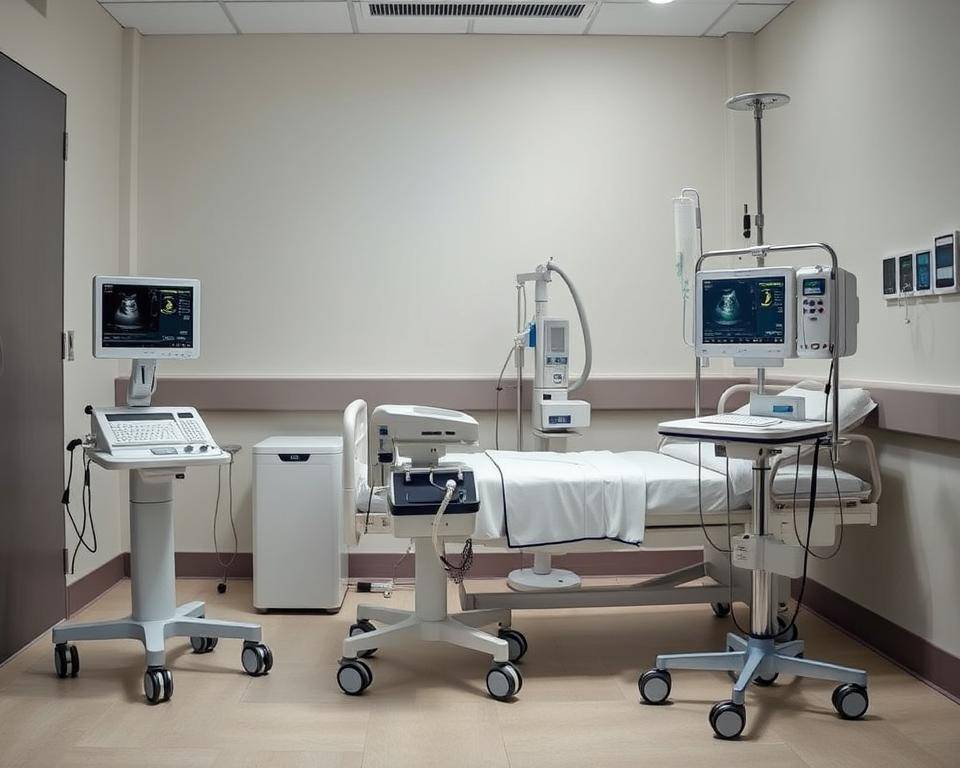
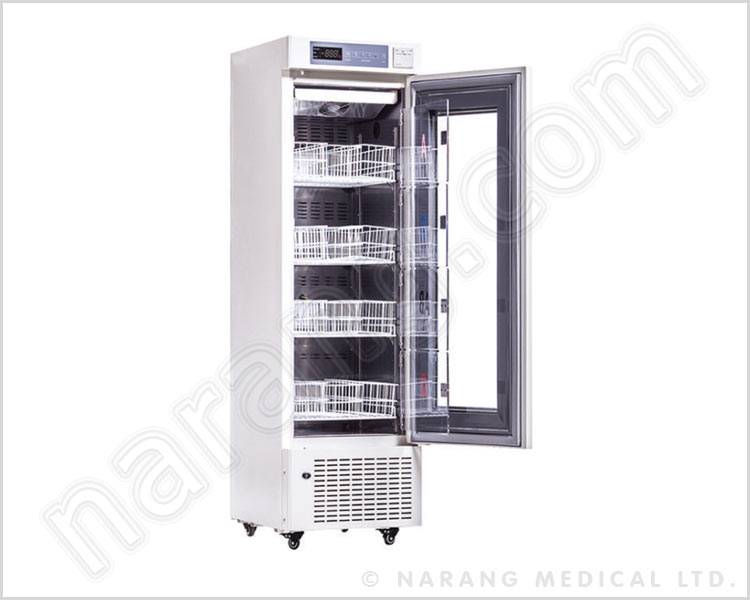
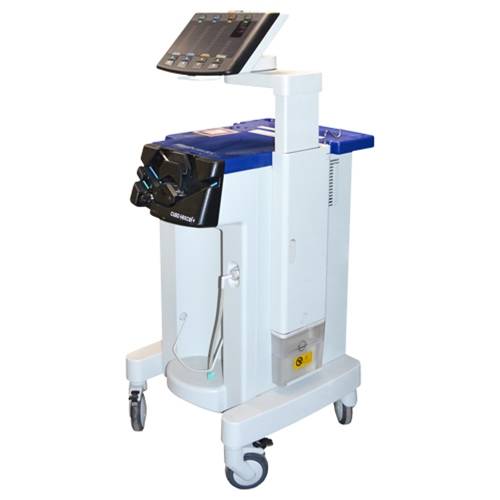
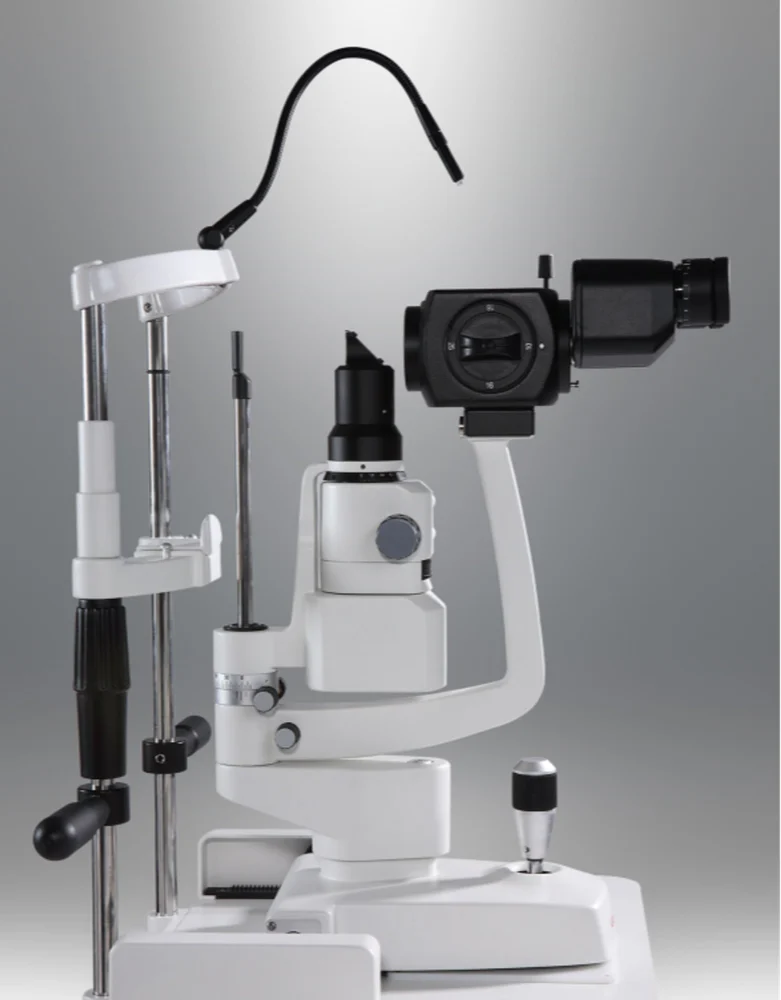
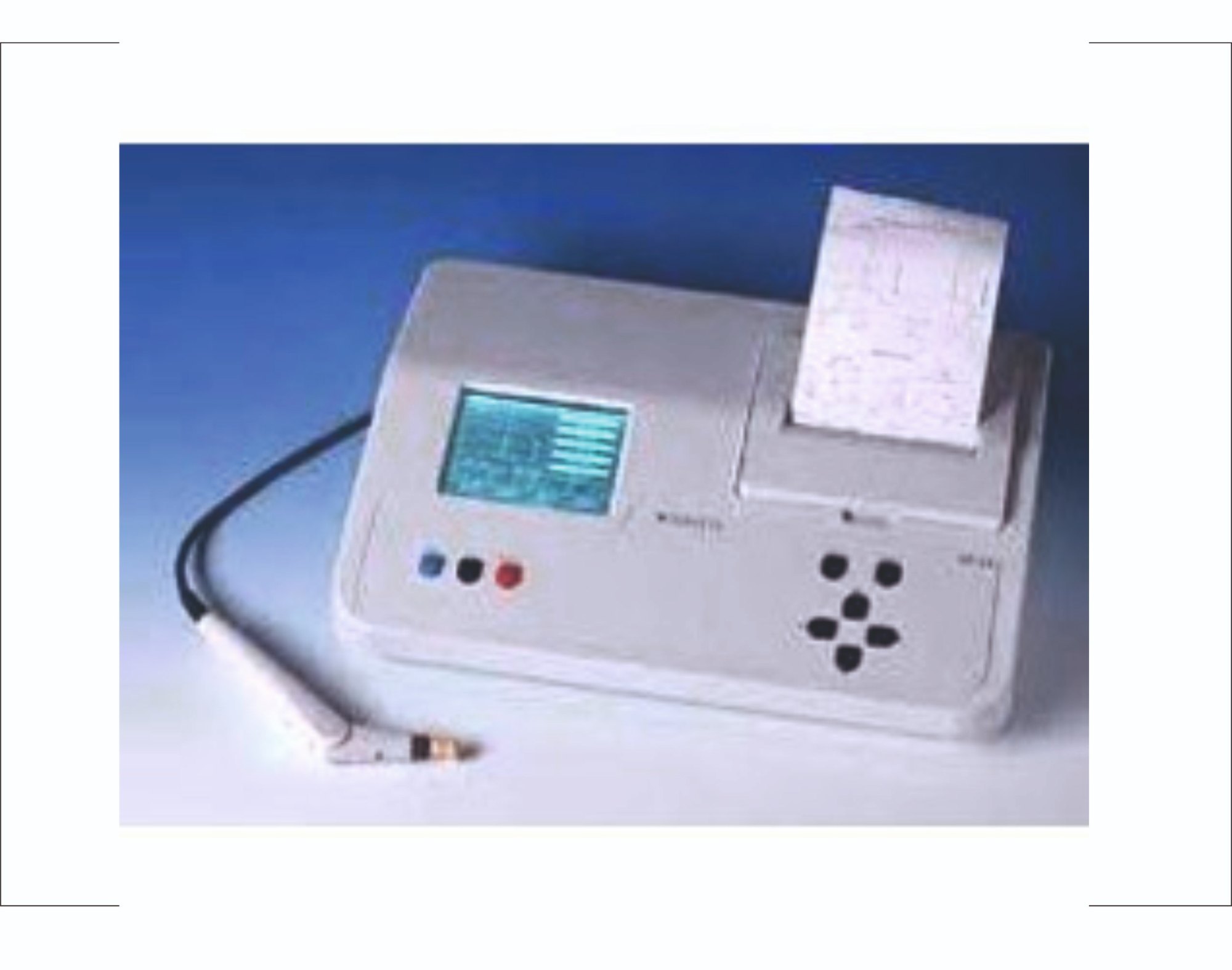
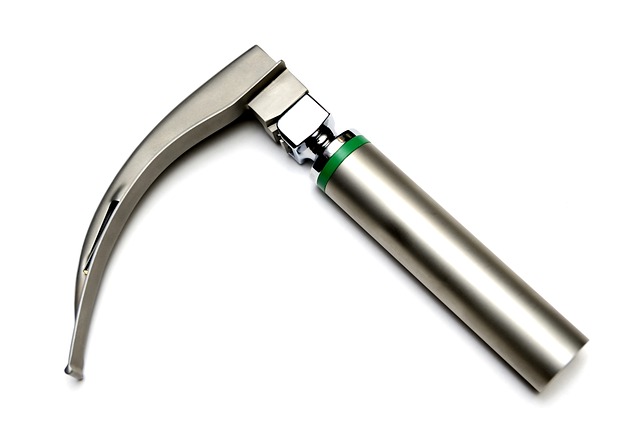
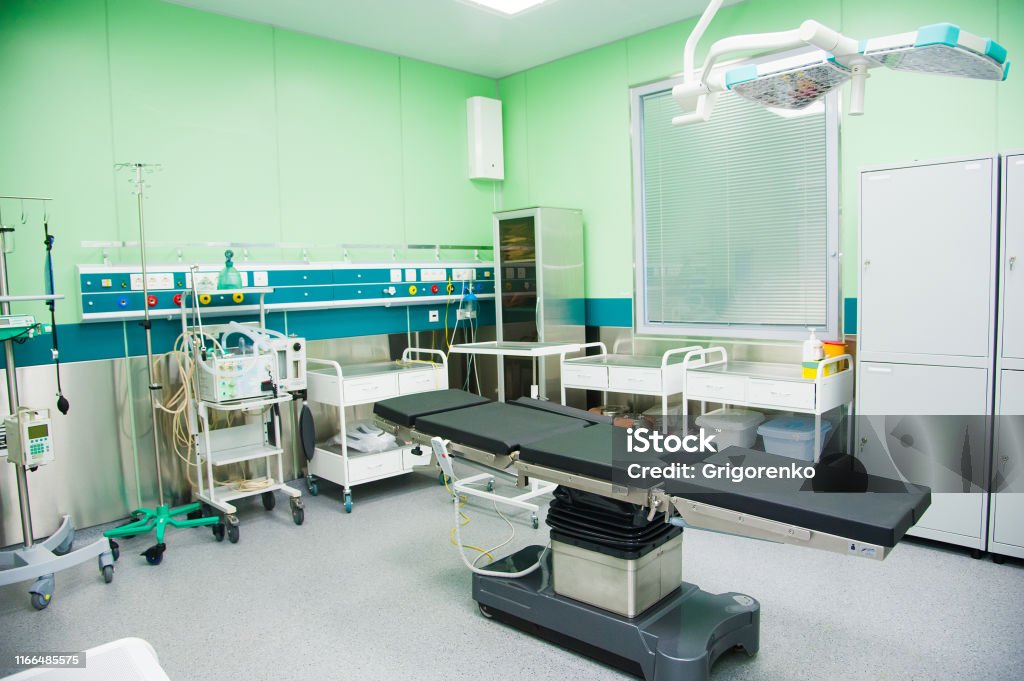
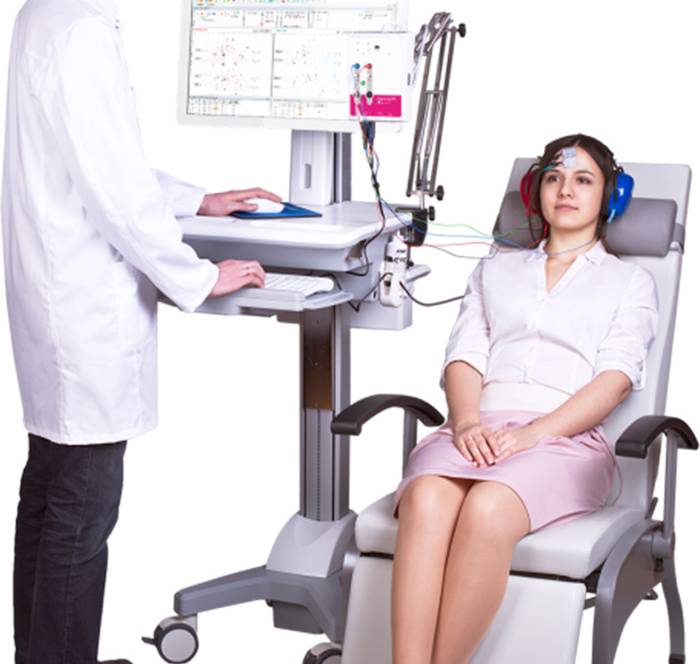
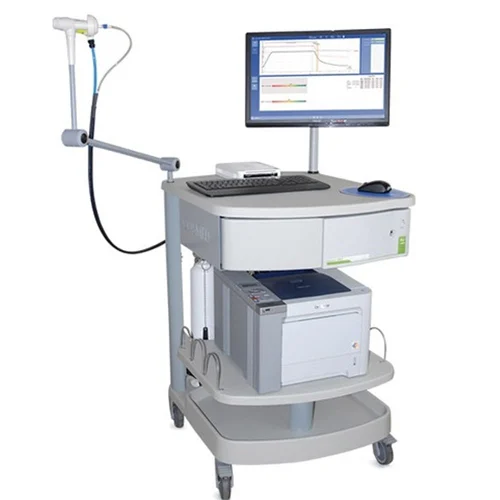
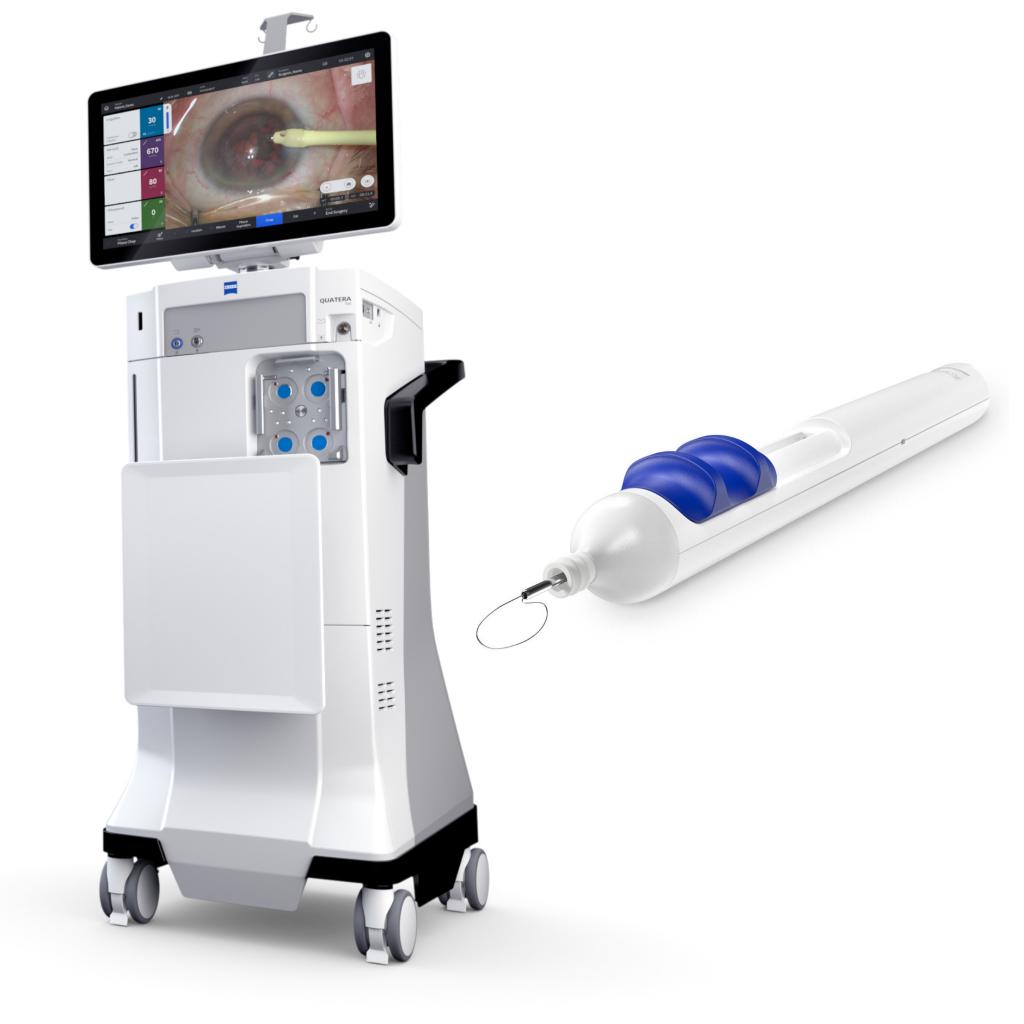
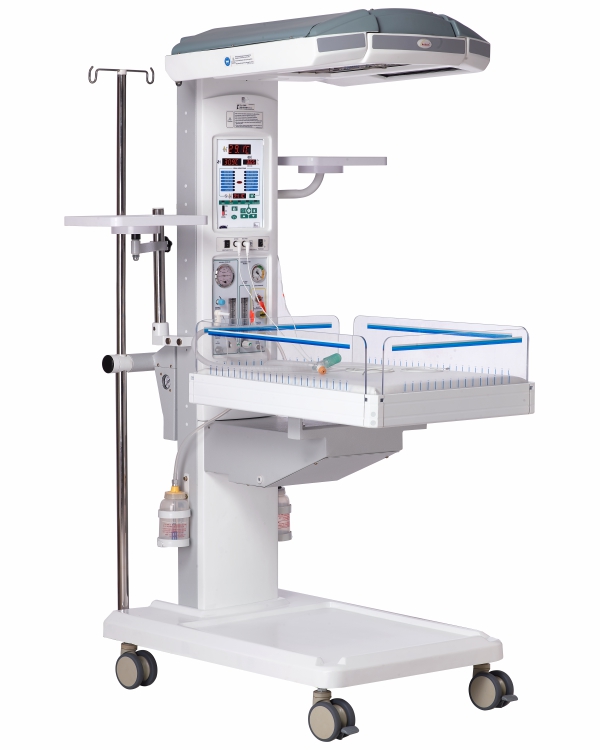


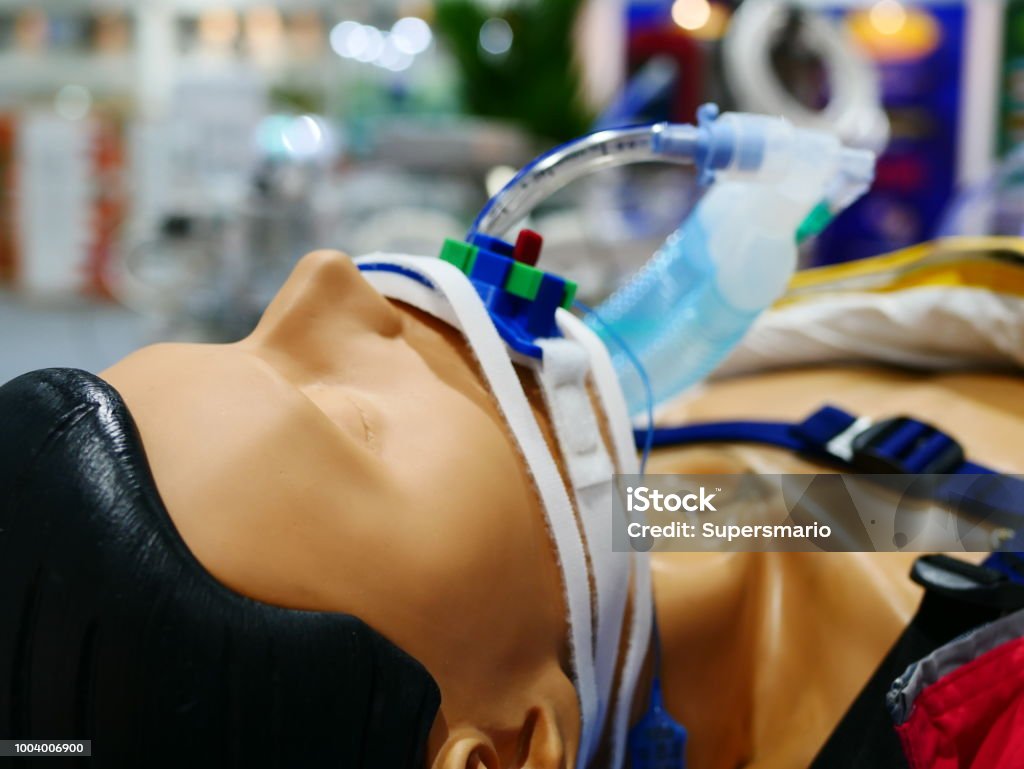
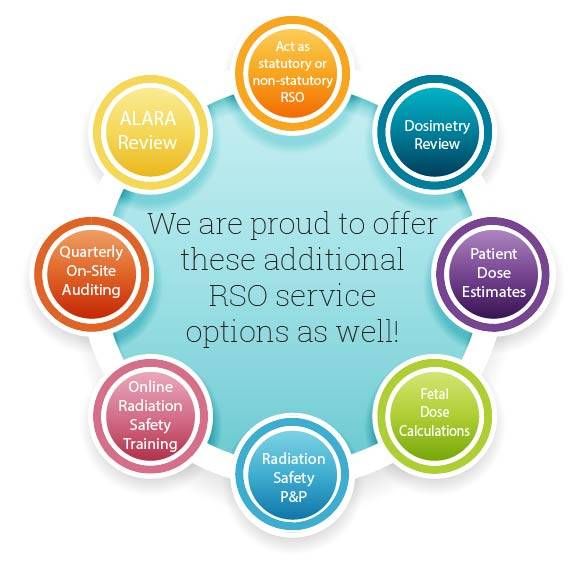
Hairstyles
Have you ever thought about creating an ebook or guest authoring on other blogs? I have a blog based on the same information you discuss and would really like to have you share some stories/information. I know my subscribers would enjoy your work. If you’re even remotely interested, feel free to shoot me an e-mail.